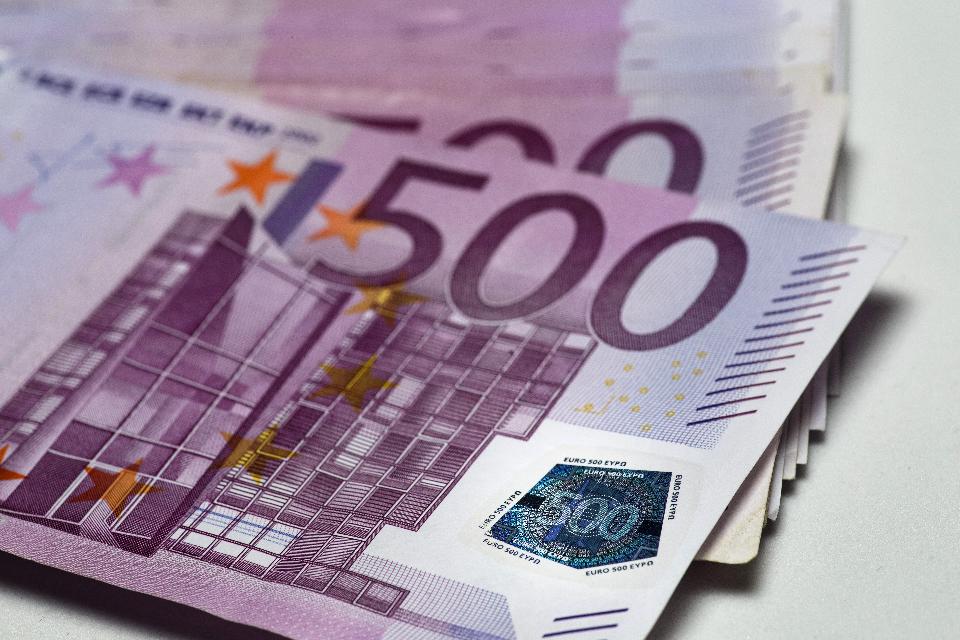- Euro Falls to 10-month Low After Italy Debt Selloff
The euro fell on Tuesday to a 10-month low after a selloff in Italy’s debt market drove investors to dump the single currency.
A deepening political crisis in Italy, the euro zone’s third biggest economy, provoked selling of Italian assets and the euro that was reminiscent of the euro zone debt crisis of 2010-2012.
But the impact was not felt as keenly on currency markets as in Italian government bonds which suffered their worst day in more than 25 years.
Italy’s president has set the country on a path to fresh elections by appointing a former International Monetary Fund official as interim prime minister, with the task of planning for snap polls and passing the next budget
Investors fear a polarising election campaign which could deliver a deeply eurosceptic government, threatening the bloc’s cohesion.
The euro has fallen 4 percent this month amid a resurgent dollar and rising concerns over the euro zone’s political and economic situation.
The currency slipped on Tuesday below $1.16 for the first time since November 2017 to hit the 10-month low of $1.1510 and weakened significantly against the safe haven Swiss franc and Japanese yen.
The Danish crown, which is pegged to the euro, strengthened 0.1 percent against the single currency in a further sign of a fallout from Italy.
“A surging dollar has weakened the euro but now it is all about risks from Italy and the impact the crisis there could have on the European Central Bank’s monetary policy,” said Commerzbank analyst Ulrich Leuchtmann.
“The underlying problem here isn’t Italy, though, but a fundamental question about the euro zone, a political experiment lacking a fiscal union which can fail if fair growth and wealth are not achieved,” he said.
Financial markets expect the ECB to wind down its 2.55 trillion-euro stimulus programme by the end of this year and raise its policy interest rate towards the middle of next year.
Weaker-than-expected economic data out of the euro zone, however, has raised questions about that.
DOLLAR INDEX UP
Viraj Patel, a currency strategist at ING in London, noted that the spillover effect on the euro from the Italian bond markets was limited but said that could change if the selloff forces investors to dump other peripheral debt.
The euro is set for its biggest monthly drop in more than three years, according to Thomson Reuters data.
The closely-watched Italian-German 10-year bond yield spread, seen by many investors as an indicator of sentiment towards the euro zone, was at its widest level since June 2013..
With a decline in U.S. Treasury yields also weighing, the dollar dropped about 0.6 percent on Tuesday to a three-week low of 108.730 yen.
On Monday the dollar rose briefly to 109.830 yen as U.S.-North Korea summit plans appeared back on track.
The dollar index against a basket of six major currencies was up half a percent on the day at 95.025, hitting a 6-1/2 month high.
But the renewed dollar strength was less a function of increasing U.S. inflation expectations than a mirror image of euro lows, said Ken Odeluga, a market analyst at City Index.
The Australian dollar, sensitive to shifts in risk sentiment, was down 0.3 percent at $0.7525.
Analysts at MUFG said that if tightening financial market conditions abroad begin to feed back into the U.S. domestic economy, that could become a problem for the Federal Reserve.

 Billionaire Watch3 weeks ago
Billionaire Watch3 weeks ago
 Startups4 weeks ago
Startups4 weeks ago
 News4 weeks ago
News4 weeks ago
 News4 weeks ago
News4 weeks ago
 Bitcoin4 weeks ago
Bitcoin4 weeks ago
 Naira4 weeks ago
Naira4 weeks ago
 Forex3 weeks ago
Forex3 weeks ago
 Treasury Bills4 weeks ago
Treasury Bills4 weeks ago
























